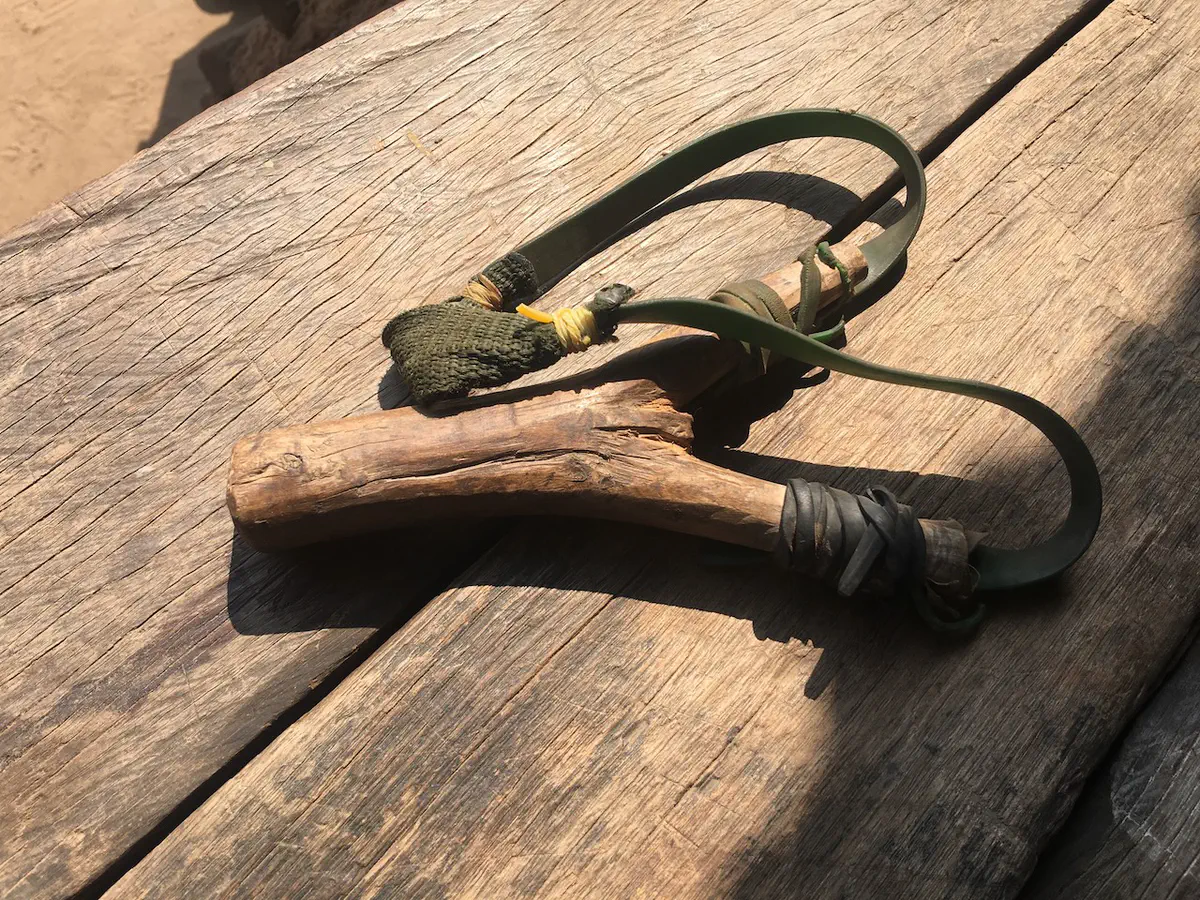Pursat, Part 2

Day 4
This is the purpose of this cycle tour. We got in a truck and went down a rough road, about 40km into the countryside. The houses got simpler and red dust from the road covered the trees and the fields. The land had once been jungle, but it was cleared and the land titles were given by the government to poor farmers.

We finally reached our destination, and were greeted by a smiling family. Their house was surrounded by a beautiful garden. This was all thanks to a well provided by Hope International Development Agency. The mother said before they got their well, she was in tears every day, exhausted and sick from the hours of fetching water from a dirty stream. She had to send her son to live in a temple as she did not have enough food to give him.

Now, instead of a thatched roof house, she has her own sturdy home and can sell her fruits and vegetables at the market. Her children can go to school. Her life was completely changed by having the basic need of clean water met. Although they were still very poor by most measures, their quality of life improved exponentially.


We them visited two families who were scheduled to receive their wells this year. They were truly living on the edge. They could not smile. The children were sick and could not go to school as they were needed to work at home. Their land was completely barren. The mother spent two or three hours a day carrying water back. They only had rice to eat. I have never seen such terrible poverty.

These two families are not so different, although their life conditions are different by several orders of magnitude. I was attracted to this project because clean water is so basic and so fundamental to life that without it, the struggle just to survive overpowers anything that we can relate to as living a life.

